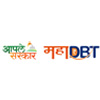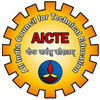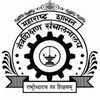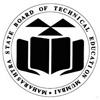| PO1 | Basic and Discipline Specific Knowledge: Apply Knowledge of basic mathematics, science and engineering fundamentals and engineering specification to solve the civil engineering problems. |
| PO2 | Problem Analysis: Identify and analyze well-defined civil engineering problems using codified standard methods. |
| PO3 | Design/ development of solutions: Design solutions for well- defined civil engineering technical problems and assist with the design of systems components or processes to meet specified needs. |
| PO4 | Engineering Tools, Experimentation and Testing: Apply modern civil engineering tools and appropriate technique to conduct standard tests and measurements. |
| PO5 | Engineering practices for society, sustainability and environment: Apply appropriate technology in context of society, sustainability, environment and ethical practices in civil engineering. |
| PO6 | Project Management: Use management principles to civil engineering field individually, as a team member or a leader to manage projects and effectively communicate about well-defined engineering activities. |
| PO7 | Life-long learning: Ability to analyze individual needs and engage in updating in the context of technological changes in civil Engineering field. |
Program Specific Outcomes (PSOs)
PSO1: Knowledge from Expertise- Enriching the students with Knowledge from expertise ranging from town planning to structures.
PSO2: Quality Assurance- Increasing awareness of students about cost, time and quality issues in construction to develop social and leadership skills.
Course Outcomes (CO):
